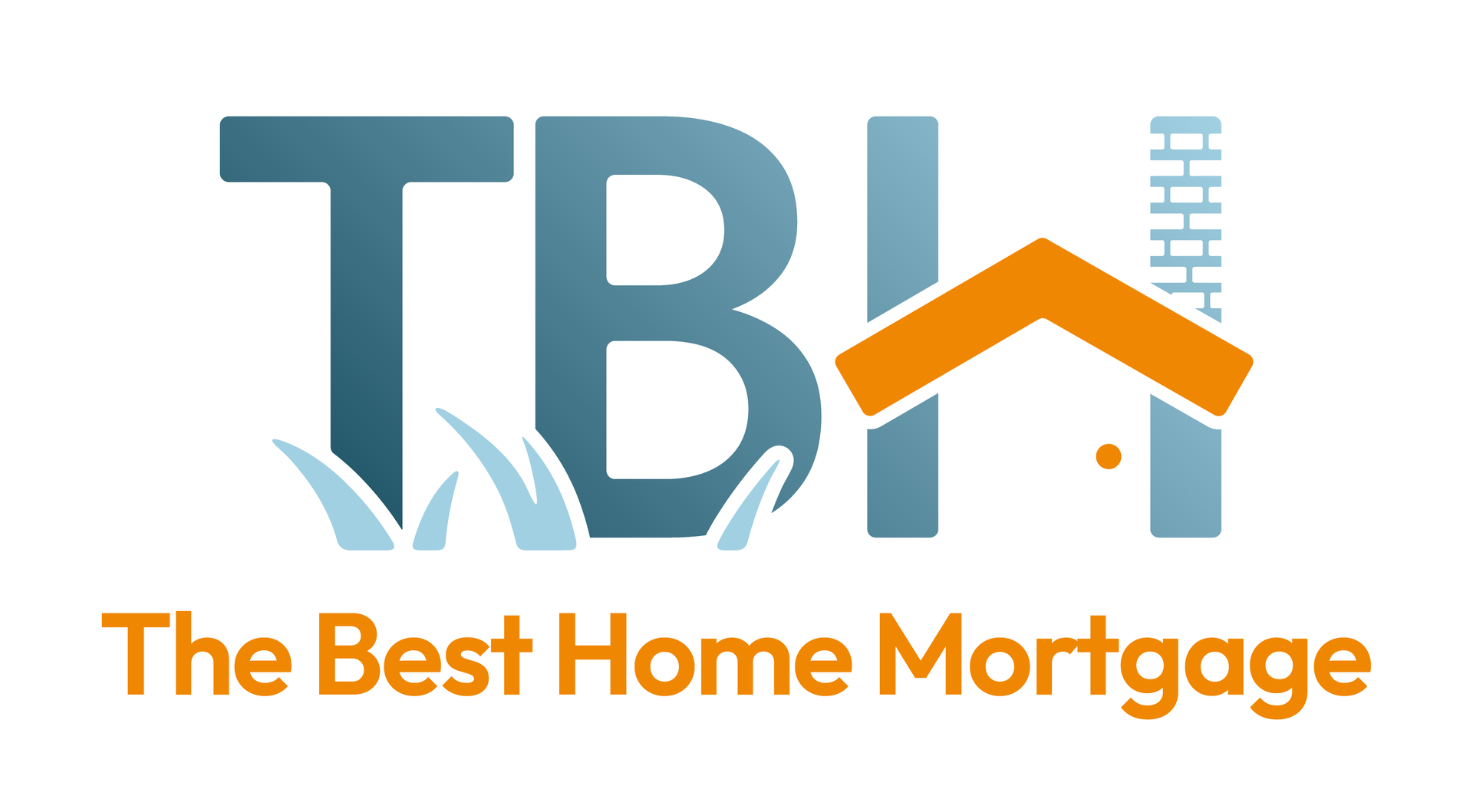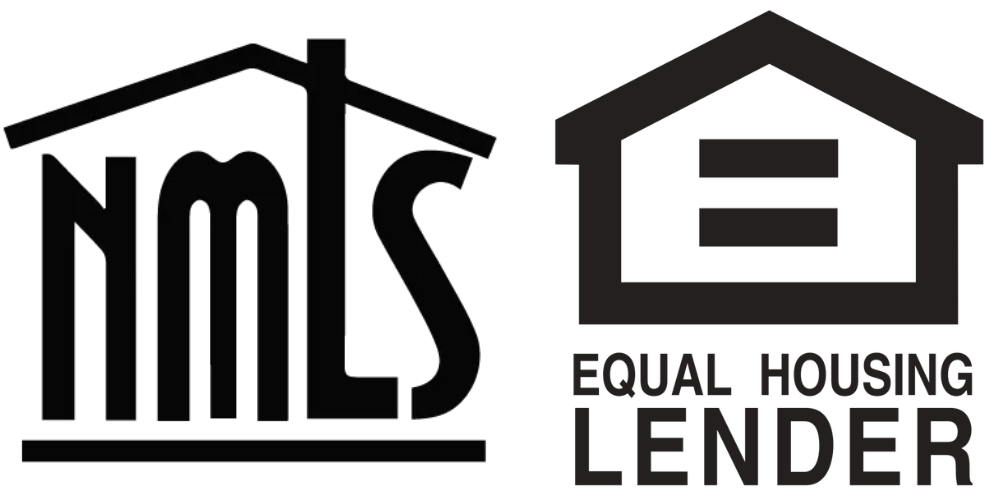Get in touch
555-555-5555
mymail@mailservice.com
Sullivan, WI: Let's discuss reverse mortgages!
You’ve worked hard to build equity in your home in Sullivan, WI. A HECM reverse mortgage can help you access that equity to improve your retirement quality, providing financial freedom and security. Whether you want to supplement your income, pay for unexpected expenses or just live more comfortably, reverse mortgages can be a good tool. Let’s get started, how they work, the benefits and why they may be good for Sullivan residents.
What is a Reverse Mortgage Loan?
A reverse mortgage is a special loan for homeowners 62 and older. Unlike traditional loans where you make monthly payments to the lender, a reverse mortgage allows you to convert part of your home equity into cash without selling your home. The loan is repaid when you sell the home, move out permanently or pass away.
Most reverse mortgages have a three-day right of rescission, allowing borrowers to cancel the loan within this period. Additionally, these loans must be repaid upon the permanent departure from the home due to selling, dying, or moving out.
The most common type of reverse mortgage is the Home Equity Conversion Mortgage (HECM) which is insured by the Federal Housing Administration (FHA). There are also proprietary reverse mortgages offered by private lenders which may have different terms and qualifications.
How Reverse Mortgages Work
A reverse mortgage is a unique financial tool that allows homeowners to tap into their home equity without the burden of monthly mortgage payments. Available to homeowners aged 62 and older, these loans are typically insured by the Federal Housing Administration (FHA). Here’s a closer look at how they work:
- Application and Payment Options: When you apply for a reverse mortgage loan, you can choose to receive the funds as a lump sum, monthly payments, a line of credit, or a combination of these options. This flexibility allows you to tailor the loan to your financial needs.
- No Monthly Mortgage Payments: One of the biggest advantages of a reverse mortgage is that you don’t have to make monthly mortgage payments. However, you are still responsible for paying property taxes and homeowner’s insurance, as well as maintaining the home.
- Growing Loan Balance: Over time, the loan balance increases as interest and fees are added. This means that the amount you owe will grow, but you won’t have to repay the loan until you sell the home, move out permanently, or pass away.
- Repayment Flexibility: You have the option to pay off the loan at any time, but there’s no requirement to do so until the home is sold, or you pass away. This provides peace of mind and financial flexibility.

Requirements
- Eligibility: You must be 62 or older and live in the home.
- Loan Amount: Amount you can borrow is based on your age, home value, interest rates and type of reverse mortgage.
- Payment Options: Get funds as a lump sum, monthly payments, line of credit or a combination of these.
- Repayment: Loan is repaid when the home is sold, or the borrower moves out.
- Borrowers must pay property taxes and maintain homeowners' insurance to avoid the loan becoming due.
Reverse Mortgage Benefits
- Financial Freedom: Use the funds for medical expenses, home repairs, travel or other needs.
- No Monthly Payments: Unlike traditional loans you don’t have to make monthly payments, though you’re responsible for property taxes, insurance and home maintenance. However, be aware that the rising loan balance due to accruing interest and fees can reduce your equity over time.
- Stay in Your Home: You can stay in your home as long as you meet the loan requirements.
- Non-Recourse Loan: You’ll never owe more than the home’s value even if the loan balance exceeds it.
Types of Reverse Mortgage Loans
When considering a reverse mortgage, it’s important to understand the different types available. Here are the main options:
- Home Equity Conversion Mortgage (HECM): The most common type of reverse mortgage loan, the HECM is insured by the FHA. It offers various payment options and is available to homeowners aged 62 and older.
- Proprietary Reverse Mortgage: Offered by private lenders, these loans are not insured by the FHA. They may have different terms and qualifications and can be a good option for homeowners with higher-value homes.
- Single-Purpose Reverse Mortgage: This type of loan is designed for a specific purpose, such as paying for home repairs or improvements. It’s typically offered by state and local government agencies or nonprofit organizations and may have lower costs and fees.
Are you a good candidate?
A reverse mortgage can be a life changer for retirees but it’s not for everyone. Consider this:
- Financial Goals: Are you looking for a steady income, access to emergency funds or help with big expenses?
- Home Equity: Do you have enough equity to make a reverse mortgage worth it?
- Legacy Plans: If you want to leave your home to heirs a reverse mortgage may impact their inheritance.
- Reverse Mortgage Lenders: Research and choose reputable reverse mortgage lenders to ensure a smooth process.
Costs and Fees Associated with Reverse Mortgages
While reverse mortgages can provide financial freedom, it’s important to be aware of the associated costs and fees. Here’s what you can expect:
- Origination Fees: These fees are charged by the lender for processing and originating the loan. They can vary based on the lender and the loan amount.
- Servicing Fees: Lenders may charge servicing fees for managing the loan over its lifetime. These fees cover administrative costs and can be added to the loan balance.
- Interest Charges: Interest accrues on the loan balance over time. The rate can be fixed or adjustable, depending on the terms of the loan.
- Mortgage Insurance Premiums: For HECM loans, the FHA charges mortgage insurance premiums to protect both the borrower and the lender. These premiums are typically added to the loan balance.
- Closing Costs: Similar to traditional mortgages, reverse mortgages have closing costs, which can include appraisal fees, title insurance, and other related expenses.
Avoiding Scams and Fraud
Reverse mortgages can be a valuable financial tool, but it’s important to be aware of potential scams and fraudulent activities. Here are some common scams to watch out for and tips to protect yourself:
- Contractor Scams: Be cautious of contractors who suggest using a reverse mortgage loan to pay for home repairs. Always verify their credentials and get multiple quotes before proceeding.
- Veteran Scams: Some ads may falsely promise special deals for veterans or imply VA approval. Always verify the legitimacy of such offers.
- Senior Scams: Seniors are often targeted with misleading information or false promises. Be wary of unsolicited offers and high-pressure sales tactics.
To avoid these scams:
- Research Thoroughly: Investigate the lender and the reverse mortgage program. Look for reviews and check their credentials.
- Read Carefully: Understand all loan documents before signing. Don’t hesitate to ask questions if something is unclear.
- Seek Professional Advice: Consult with a trusted financial advisor or attorney to ensure you’re making an informed decision.
- Be Cautious: Avoid unsolicited offers and don’t rush into any agreements. Take your time to make the best decision for your financial future.

Why Dennis Kahn?
With over 20 years in the mortgage business I specialize in helping retirees tap into the equity in their homes through reverse mortgages. I’ve worked with over 1,500 clients to make informed decisions about their financial futures. I provide personalized service to each client’s unique situation. My goal is to make sure you understand the reverse mortgage process and feel comfortable every step of the way. It is important to be aware of the rising loan balance, as the total amount owed can increase over time due to accruing interest and fees.
Reverse Mortgage FAQs
- Will I lose my home? No, you keep your home as long as you meet the loan requirements.
- How much equity can I get? It depends on your age, the value of your home and current interest rates.
- Can I leave my home to my heirs? Yes, your heirs can inherit the home, but the reverse mortgage balance must be repaid either by selling the home or refinancing the loan.
- How does the age of the youngest borrower affect the loan? The age of the youngest borrower is crucial in determining the amount available for withdrawal from a Home Equity Conversion Mortgage (HECM). It influences the calculation of the principal limit, thereby affecting the financial options for seniors looking to access their home equity.


Office
2301 Sun Valley Dr #204, Delafield, WI 53018
Email us
dennis@tbhmortgage.com

The Best Home Mortgage dba TBH Mortgage NMLS #2692437
Dennis Kahn, NMLS #259354
Equal Housing Opportunity Lender. Figures deemed reliable, but errors may occur. Rates and terms subject to change without notice. This is not an offer to make a loan or to make a loan on any particular terms. All loan applicants must qualify under the underwriting requirements and satisfy all contingencies of loan approval.
Copyright ©2025 The Best Home Mortgage dba TBH Mortgage. All Rights Reserved.
An
AgencyNext production
nmlsconsumeraccess.org

Privacy | Legal Disclaimer | An Equal Housing Lender | All Rights Reserved
Site Accessibility
Communication Opt Out
Disclosures and Licenses
Terms of Use
Security and Privacy
Email and Text Policy
Do Not Sell My Prsonal Information